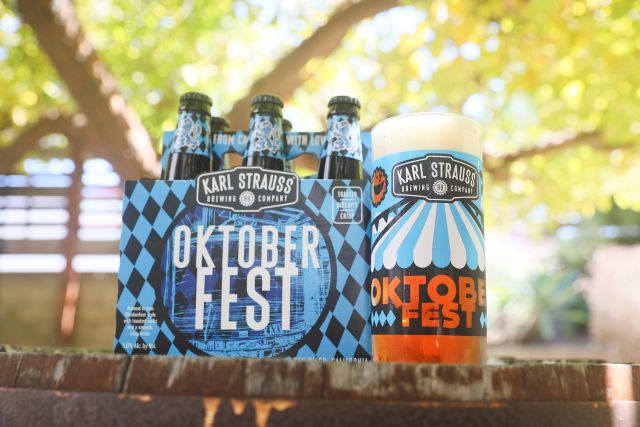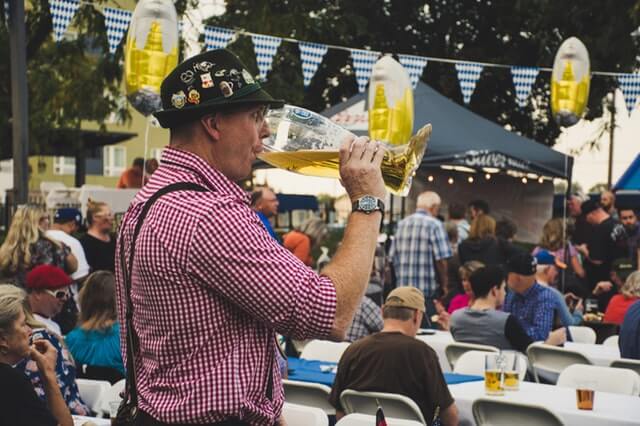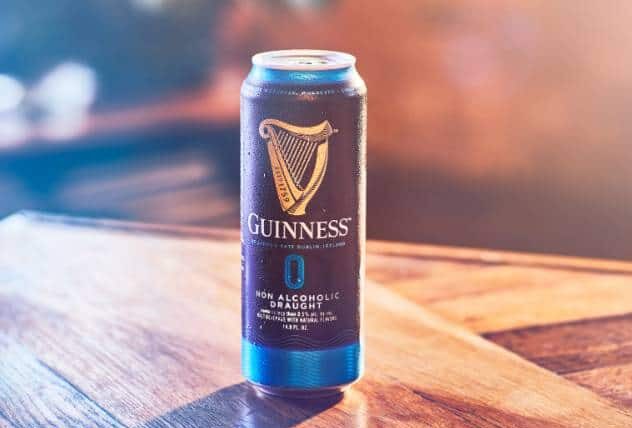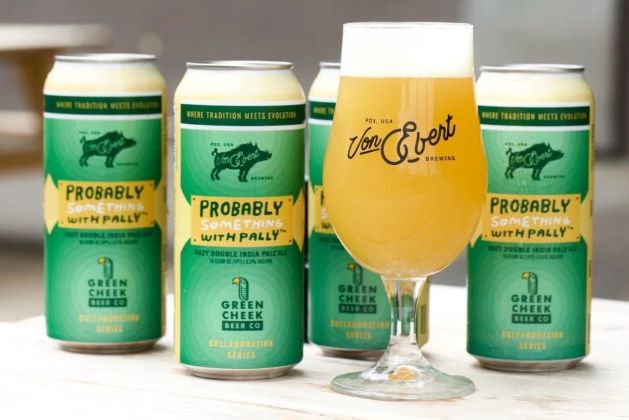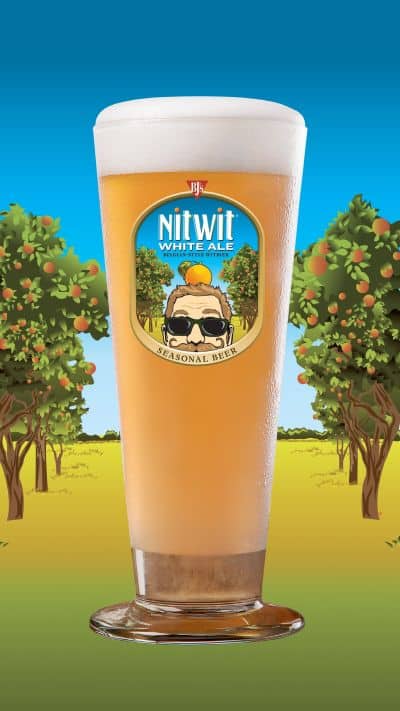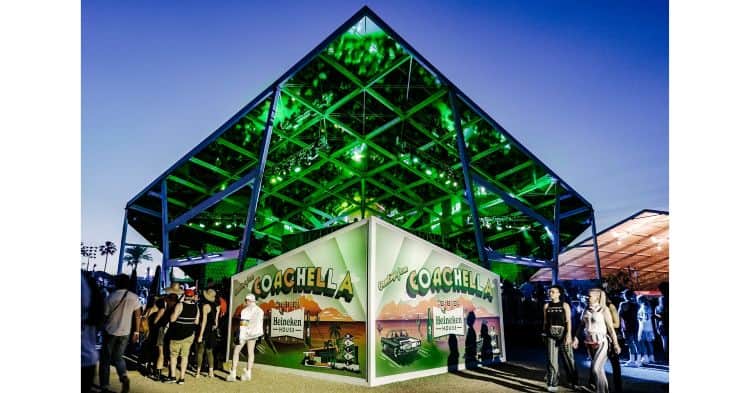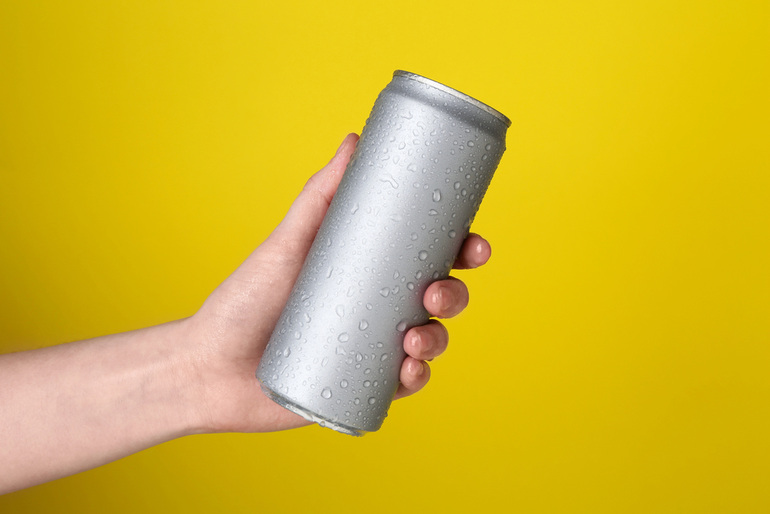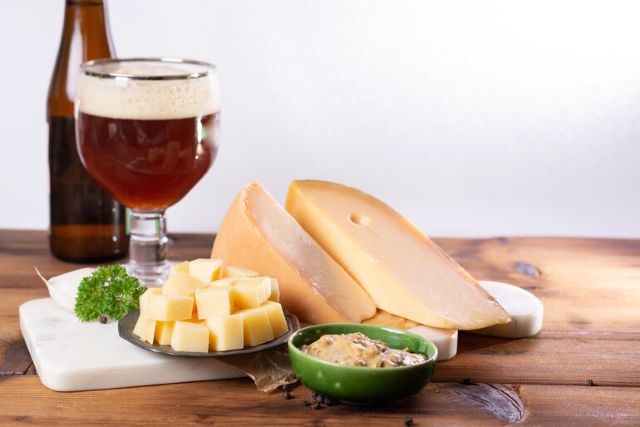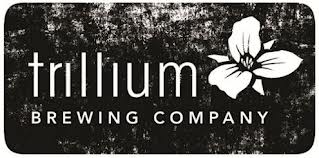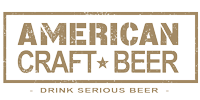Brain Switch Discovered That Can Prevent Binge Drinking
Brain Switch Discovered That Can Prevent Binge Drinking
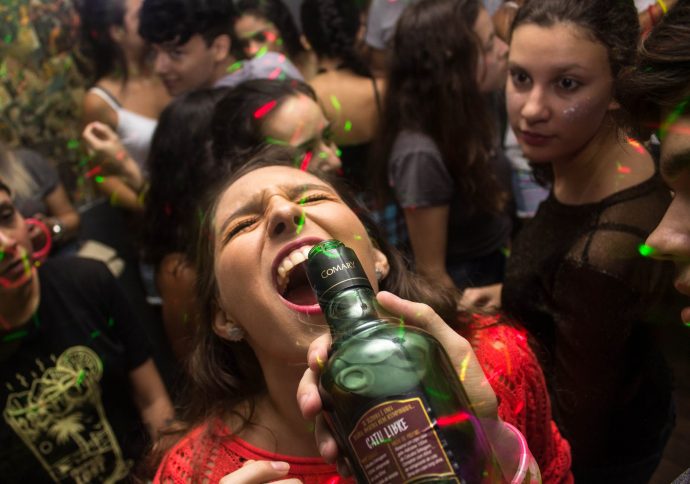
A brain trigger has been discovered which can turn off the pleasure center that leads to binge drinking. But it can also turn it on.
Here’s the deal…
A group of scientists at Linkoping University in Sweden have identified a small group of nerve cells in the center of the amygdala, an area of the brain already known to drive the body’s “fight or flight” response, which when manipulated, can cause us to either binge drink or abstain.
“I had not expected such a small group of nerve cells would be so decisive for this complex behavior,” said Professor Markus Heilig, who led the team. “Nor have imagined it would be possible to demonstrate so clearly – by manipulating these cells from the outside – that they cause it.’
 The study, which was published in the journal Science Advances, found that rats learn that they could obtain a small amount of alcohol if they pressed a lever.
The study, which was published in the journal Science Advances, found that rats learn that they could obtain a small amount of alcohol if they pressed a lever.
After a set amount of time, the rats were administered electric shocks along with the alcohol, (that’s no fun) making the experience of drinking it less desirable.
In most cases, the rats stopped drinking the alcohol. However one in three rats continued to self-administer the drink despite the accompanying discomfort (there’s always one guy). Scientists also found that when the electro-shock accompanied the alcohol, a particular group of nerves cells lit up across the central amygdala.
The scientists then learned that they were able to “directly influence the rat’s choices and behavior by manipulating molecular mechanisms in this part of the brain, according to the Drinks Business…
“This manipulation impacted whether or not the rats were able to ‘put the brake on’ when they discovered that an action, such as drinking alcohol, may have negative consequences.”
But Professor Heilig called for further investigations into how this study could help in the prevention and treatment of substance addiction, and urged for the development of medications that “target the molecular mechanisms behind the behavior.”
Want more big scientific alcohol findings?
There’s this…
